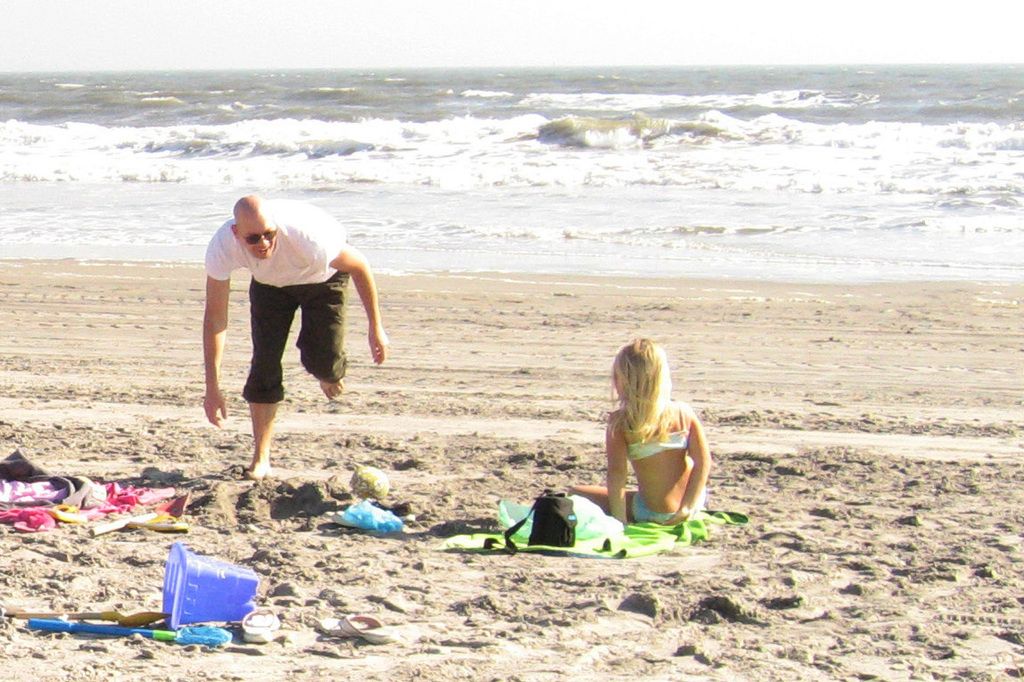WARSAW'S WHIRLWIND
Prime Minister Tusk requests a vote of confidence
In the aftermath of the 2025 Polish presidential election, political waves are tumbling, and the Tusk government finds itself battening down the hatches. Donald Tusk, the country's Prime Minister, is seeking a parliamentary confidence vote in a show of strength for his government after nationalist Karol Nawrocki snatched the presidency.
Tusk, a stalwart of EU politics, called for a swift confidence vote in a move aimed at reinforcing his pro-EU government's mandate amidst the nationalist tidal wave. However, the election result was closely contested, with Nawrocki securing 51% of the vote against Tusk's liberal ally, Rafal Trzaskowski, who garnered 49%.
European far-right leaders cheered Nawrocki's victory, a 42-year-old admirer of US President Donald Trump, who pledged to confront the government on contentious issues like abortion and LGBTQ rights. His presidency could usher in a era of increased polarization, potentially pitting the government against a president who vows to shake things up.
In his televised address, Tusk maintained his resolve, acknowledging the election results but insisting that it would not eclipse the government's mission. Opposition leader Jaroslaw Kaczynski, head of the populist Law and Justice (PiS) party, issued a stern statement accusing Poles of showing him the 'red card', an apparentwarning of impending change. Kaczynski proposed the formation of a 'technical' government of experts to replace the current administration.
An analyst, Piotr Buras, predicted a bumpy road for the Tusk administration, suggesting the possibility of early parliamentary elections in the near future. Meanwhile, Nawrocki took to social media to express his ambition for a Poland that was not merely a player on the international stage but a respected equal.
However, Nawrocki's tenure may be fraught with challenges, including a volatile relationship with Brussels over rule-of-law issues and complications in ties with Ukraine, given his skepticism toward NATO expansion and his desire to curtail benefits for Ukrainian refugees.
Tensions between Warsaw and Brussels could escalate as Nawrocki's policies may shift away from the EU alignment, deepening the ideological divide within the country. Moreover, his conservative and sovereignist stance could lead to confrontations with the EU, straining diplomatic ties and potentially stalling EU-Poland cooperation on various issues.
The turmoil surrounding Poland's domestic politics and the shifting landscape of its relations with the EU indicates a tumultuous and unpredictable period ahead. The new president's policies and decisions will undoubtedly have far-reaching implications for Poland, its relations with the EU, and beyond. As Warsaw navigates these choppy waters, the world watches, braced for a rollercoaster ride.
- The increase in polarization may lead to a significant focus on policy-and-legislation, particularly regarding contentious issues such as abortion and LGBTQ rights, under the new presidency of Karol Nawrocki.
- Migration could become a key point of discussion as Nawrocki's skepticism toward NATO expansion and desire to curtail benefits for Ukrainian refugees could result in complications in ties with Ukraine.
- The volatile relationship with Brussels over rule-of-law issues and the conservative and sovereignist stance of the new president could lead to crime-and-justice issues, as well as fires, in the form of potential diplomatic conflicts and strained EU-Poland cooperation.
- General-news outlets and the political arena will likely experience a surge of coverage, following the whirlwind of the Polish presidential election, which could also involve car-accidents if the tumultuous period ahead leads to political instability.








